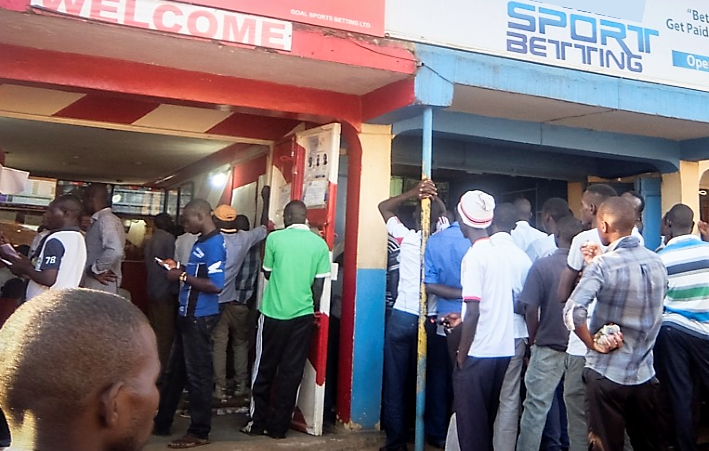By Aloysious Kasoma
The Uganda Securities Exchange (USE) has marked 20 years in the Ugandan market with a new look and greater expectations.
Speaking at the stakeholders’ dinner held at Kampala Serena Hotel on
Friday, Paul Bwiso, the CEO USE said, “Today marks a major milestone for us as USE as we mark twenty years in Uganda. It is a journey that has seen us enjoy a strong wave of growth and innovation together with our partners.”
The USE was incorporated as a company limited by guarantee on 5th May 1997 and became the 17th stock Exchange in Africa.
East Africa Development Bank (EADB) was the first company to list with a 4 year Shs10 billion bond in 1998, while East African Breweries was the first cross listing in 2001 followed by Kenya Airways in 2002.
The USE a few months ago received a formal approval from the Capital Markets Authority (CMA) to operate a demutualised stock exchange.
This means that USE is now a company limited by shares with a change in its governance and managerial structure. Previously, USE has been a mutual company limited by guarantee.
The current market capitalization of the USE as represented by the All Share Index stands at Shs23.5 trillion. This is a 2.62 per cent increase from the market capitalization of Shs22.9 trillion as at 30 June 2017, with 8 local companies listed. In total, 18 companies are listed on USE.
The listed companies on USE as of today are; USE All Share Index (100@31.12.2001), British American Tobacco Uganda, Bank of Baroda Uganda, Development Finance Company of Uganda Ltd (DFCU), East African Breweries Limited, Jubilee Holdings Limited, Kenya Airways, New Vision Printing and Publishing Company Ltd, Stanbic Bank Uganda, Uganda Clays Limited, Equity Bank Limited, KCB Group, National Insurance Corporation, Nation Media Group, Centum Investment Company Ltd, USE LOCAL COMPANY INDEX, UMEME LIMITED and UCHUMI.
In his speech read by the USE Director Richard Byarugaba [he is also NSSF MD], Charles Mbire, the USE Board Chairman challenged the Exchange to continue innovating so as to compete for business with financial institutions.
“The local market conditions remain challenging; this means that as an Exchange, we need to carefully review our value addition to all stakeholders; investors, issuers, custodians, brokers and all market intermediaries.”
With the demutualisation of the Exchange, Mbire noted that it will allow for greater investor participation in the governance of the Exchange.
“Demutualisation paves way for the planned self-listing of the USE through an Initial Public Offer (IPO) that we hope to achieve in the next couple of years.”
During his key note address, the Nairobi Securities Exchange CEO Geoffrey Odundo noted that the there is need for a lot of collaboration between the government and the Exchanges. “Governments need to use Exchanges to raise capital. There is opportunity and liquidity to support the IPO,” Noted Odundo
The Deputy Governor, Bank of Uganda Dr. Louis Kasekende noted that there’s need for research into obstacles which deter companies from listing so as to formulate realistic policy solutions.






Well, I think the biggest obstacle USE is facing is mass sensitisation. Most of the big-time businesses are family-run or and the proprietors see no added advantage with listing.
Perhaps if more is done towards enlightening these business owners then more would be achieved.